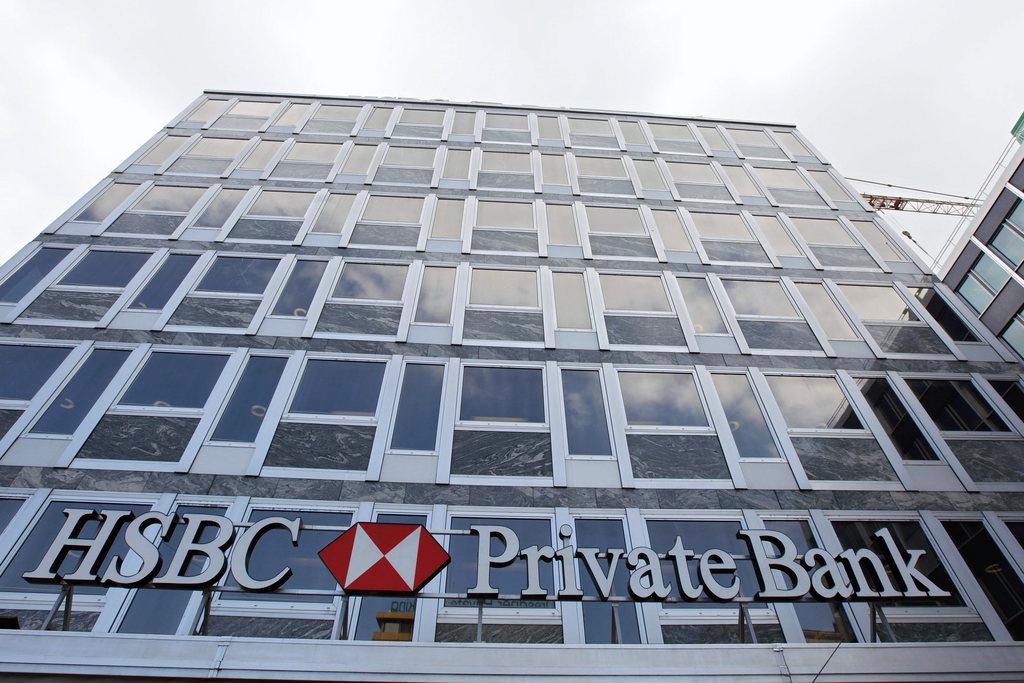Banks dismantle ‘strings of pearls’ as they turn to dust

Since the financial crisis, many large international banks have reduced the scope of their activities.
The most visible retreats have been in areas such as trading and investment banking. Under pressure from investors and regulators, many banks have dismantled costly operations built or bought in the boom years before 2007. But the securities business is not the only part of these behemoths facing the axe.
Alongside the highly paid brokers and traders, other less brightly plumed operatives have been quietly departing. They have done so as dwindling profitability and multiplying compliance headaches have forced banks to dump ever more of their international consumer networks.
A strategy once likened to assembling a “string of pearls” has too often yielded little more than a handful of dust, and the biggest global players are now more wary of the charms of these dubious gems.
Citigroup has since 2012 pulled out of countries as diverse as Japan, Hungary, Pakistan and Uruguay, reducing its international coverage by nearly half to just 24 countries. HSBC has pulled out of 20, leaving it with retail and wealth management operations in “just” 40 states.
Swiss soul-searching
The scandal engulfing HSBC in Switzerland should prompt yet more reflection. The bank’s admission that its Geneva-based private-bank subsidiary helped some clients dodge paying their national taxes is not the first time it has incurred the ire of the authorities.
HSBC was fined nearly $2 billion just two years ago for breaching anti-money laundering rules in its Mexican operations. A large number of scandals have hit the sector since 2007. The UK’s Standard Chartered and France’s BNP Paribas have been heavily fined for clearing transactions that busted US sanctions. American authorities have punished both big Swiss banks, UBS and Credit Suisse, for helping US citizens evade tax.
As the dust clears after the financial crisis, running a global retail and wealth-management business has never looked more arduous. Stringing together a host of local retail subsidiaries is not the most obvious way to make money. Only a few jet-setting customers genuinely need to shift money around the world seamlessly. Differing legal frameworks and products from country to country make synergies between units hard to find.

More
Financial Times
External linkRecent years have seen the authorities toughen their stance. International networks have become targets for the US in its crackdown on money laundering – a factor that has jacked up compliance costs. Governments are bearing down ever harder on tax avoidance, levering open vault-like Swiss banks to public scrutiny. Private banking, with its discreet and loyal cast of oligarchs and dentists, used to be a nice stable business. It no longer is.
Local regulators are also flexing their muscles. Spooked by the sector’s tarnished reputation, watchdogs are intervening to ensure that services are tailored for local consumption. Capital charges, too, are creeping up.
The big global groups expanded aggressively in the good times. In the decade to 2006, HSBC spent $52 billion on 32 deals in 18 different countries.
Keeping tabs
The bank spent $1.1 billion on Grupo Financiero Bital, the Mexican business through which it laundered some $880 million for drug cartels between 2006 and 2009, according to the US Justice Department. Its buys also numbered Republic New York, bought for $10 billion in 1999 and the previous owner of the Swiss business.
Many brickbats have already been chucked at HSBC’s management, notably former chairman Lord Green, for failing to keep tabs on what the Swiss arm was up to. The bank has admitted it ran the unit on too “federal” a rein after its acquisition. But given the pressures of integrating so many far-flung businesses, this comes as little surprise.
Regulation is now at least closing the stable door. The reputational and financial string of failings has become so great that even the biggest banks can no longer shrug. HSBC’s Swiss problems have already attracted the attention of the US, France and Argentina and Britain may yet join the fray. Regulatory and legal sanctions of individual managers, still a rarity, are moving up the agenda.
Beyond fines, banks face the possibility of being hit for much higher capital charges to reflect the heightened operational risk of doing business everywhere.
Strings of pearls may have offered beguiling exposure to the rising middle classes at a time when the world’s financial axis was shifting south and east. But the real cost of exposure was higher than the price of a few local banks. Whatever happens with HSBC, it will continue to mount.
Copyright The Financial Times Limited 2015

In compliance with the JTI standards
More: SWI swissinfo.ch certified by the Journalism Trust Initiative



You can find an overview of ongoing debates with our journalists here. Please join us!
If you want to start a conversation about a topic raised in this article or want to report factual errors, email us at english@swissinfo.ch.